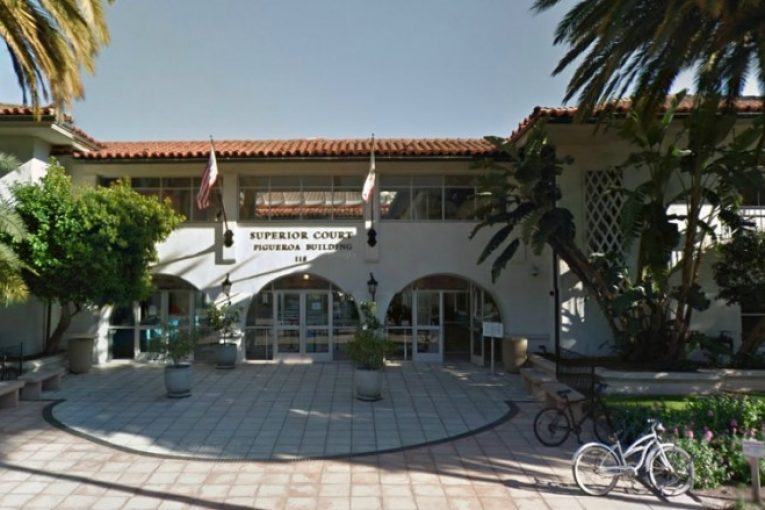
 By Mei Perez
By Mei Perez
SANTA BARBARA, CA – In a long trial here not supposed to end until Thanksgiving, the computer search history of Pierre Haobsh from 2016 was reviewed in court this week as evidence linking him to the murders of Dr. Henry Han, his wife Jennie Yu, and their five-year-old daughter Emily.
Haobsh has waived his right to a jury and his trial is presided over and will be decided by Judge Brian Hill.
The case against Haobsh has been building over the past five years—Haobsh is charged with three counts of first degree murder and three enhancements for murder for financial gain, multiple counts of murder, and commission of a felony.
Earlier in the trial, a computer analyst provided evidence and detailed testimony as to Haobsh’s movements based on signals tracked from his cell phone.
Now, the defendant’s search history revealed multiple Web page visits regarding gun ammunition, including a Google search for “22LR hollow points vs. non-hollow point” and a visit to a discussion forum on the highroad.org entitled “Any real difference between 22LR hollow point and 22LR solid round?”
Further examination of the internet search history on the defendant’s laptop, according to testimony this week, showed a search for “software keylogger” as well as a subsequent web page visit to download the software Spyrix Keylogger, which can record the keystrokes of a computer and take screenshots to be sent to the program’s user.
This software can be used to spy on someone or for identity theft as well as other “nefarious” purposes, according to expert witness testimony.
In addition, the court was shown an internet search of “Is there a limit on the amount of cash one can carry on domestic US flights?” coupled with an attempt to wire roughly $70,000 from Han’s bank account to Haobsh’s on the same computer.
While defense attorney Christine Voss attempted to do damage control by pointing out that the evidence merely indicated that someone had looked up these searches on Haobsh’s laptop, and did not reveal who was behind the keyboard, the prosecution suggested it implicated Haobsh in premeditated murder with the intent of financial gain.
Haobsh’s case of a suspicious browser history is one of many in recent years with the rise of “computer forensics.” Law enforcement can subpoena Google for specific search terms, and though their FAQ website states they will send a notification via email if account information is shared, a gag order can be issued to prevent this.
There have been multiple cases in which search histories were submitted as evidence in a court of law to help incriminate people. One such case included a father whose toddler died after he had been left in a hot car. The father was charged with murder and child cruelty.
According to CNN, the father had visited a Reddit page called “child-free” and had researched how hot it had to be for someone to die in a car prior to the child’s death.





